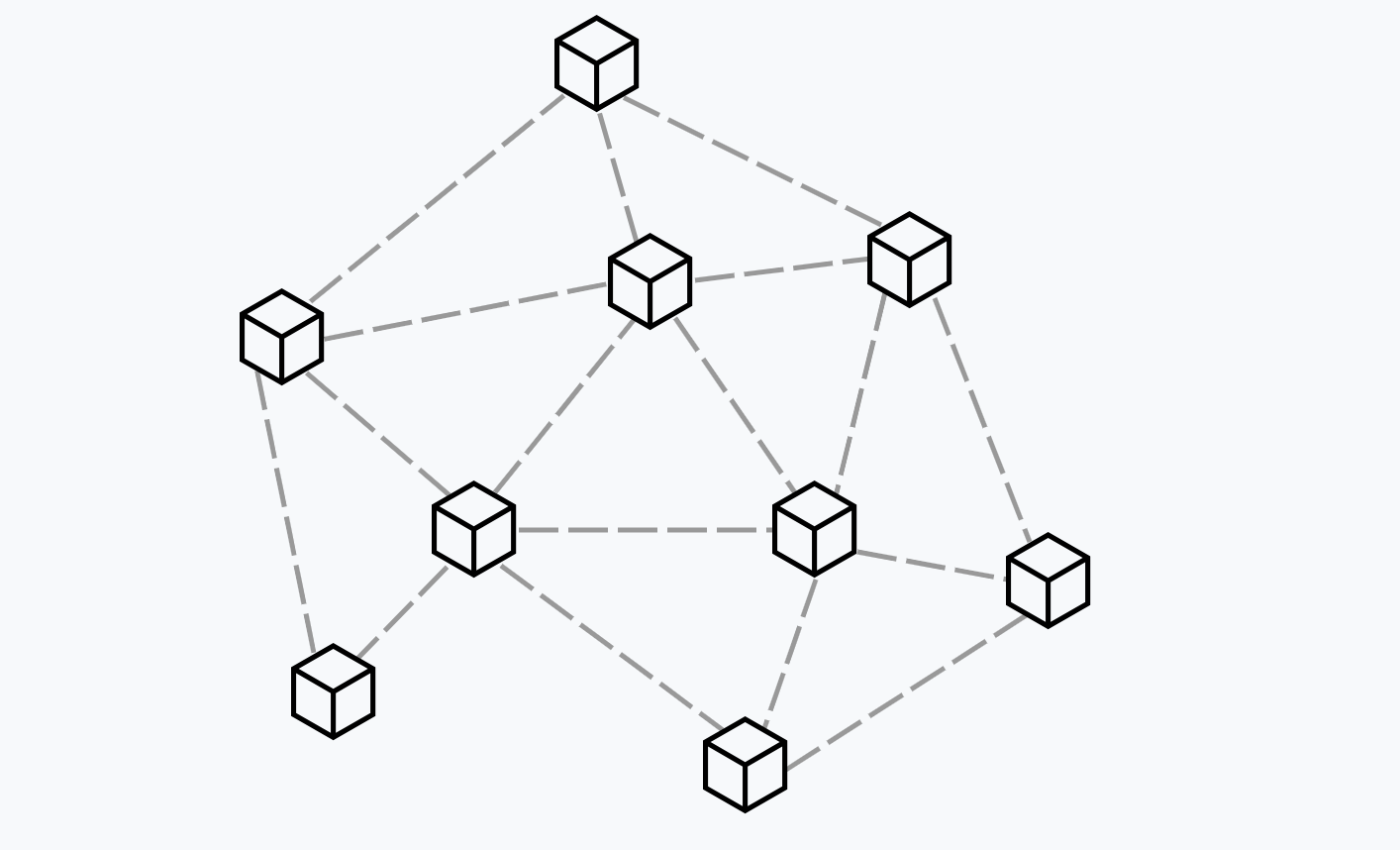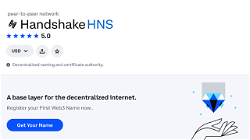What Is Handshake (HNS)?
Lets Try
. 2 min read
The Handshake protocol allows users to agree on the names and cryptographic keys of networks in a decentralized and permission-less manner. According to the Handshake website, Existing domain names are controlled by a small number of people in the centre of the network. Due of this, the system is susceptible to hacking, corruption, and censorship. Of this end, Handshake proposes novel approaches to verifying peer-to-peer systems by the network's members in order to strengthen the internet's robustness, security, and social benefits.

The initial goal of a decentralized network has been lost as internet services have grown increasingly centralized. To deal with Sybil assaults and spam, it was necessary to centralise internet services. Sybil attacks are a form of cyber intrusion in which a single user takes over an entire network by using many fake identities to log in to different devices. However, if constructed on a decentralized basis, internet services can protect themselves from Sybil assaults, which exploit weaknesses in centralized systems. In a decentralised system, there is no central authority to maintain consistent, unified protocol control.
Handshake paves the way for users to join an open, distributed, and encrypted naming platform. Coins are used on the site to create user accounts. The platform's initial token, known as Handshake coins (HNS), was designed specifically for use on the network. Members of HNS can change their online name registration, name transfer, and name update information all within the service. The Handshake community uses HNS to host auctions and submit bids on.com and.net domain names.
Handshake gives the largest portion of its first
money to the FOSS (Free and Open Source Software) community for free. Free and open source software (FOSS) is software that is both freely available and accessible to modification and redistribution by its users and developers. Metcalfe's Law forms the basis of Handshake's incentive structure. According to Metcalfe's Law, a network's worth grows according to the square of its user base. As a result, Handshake's worth comes from its community of users.
Domains for decentralized internet
With the intention of providing an alternative to existing Certificate Authorities and name systems, Handshake is a decentralised, permissionless naming protocol in which each peer validates and manages the root DNS naming zone. Names on the internet (TLDs, social media handles, etc.) rely on centralised actors with full control over a system that are relied upon to be honest while being susceptible to hacking, censorship, and corruption. With the use of a peer-to-peer system that is certified by the members of the network, Handshake hopes to explore new ways in which the internet may be made more secure, robust, and socially valuable.
Handshake is a project that aims to discover how to construct a decentralised internet in novel ways. The internet's services have become increasingly centralised during the 1990s, yet this trend has yet to live up to the decentralised promise of the internet's inception. For example, email evolved into Gmail, usenet into reddit, blog comments into Facebook and Medium, pingbacks into Twitter, squid into Cloudflare, and gnutella into The Pirate Bay. The necessity to control spam, griefing, and sockpuppet/sybil assaults is the driving force behind centralization. Spam has crippled previous decentralised systems. There would be less need for reliable centralised organisations to control online dangers if it cost more to cause trouble on the internet by employing decentralised solutions. The robustness of Internet services and platforms against sybil assaults may be improved by constructing them on top of a distributed system.
While it's possible that we'll redistribute power.
More Stories from
Buy HNS token & Get Your name on the Internet
Your internet persona isn't yours. Change that! Handshake allows full domain ownership Namebase lets you buy, sell, and use Handshake names.


